Last year we said a sad goodbye to Zachtronics, developers of some of the most interesting independent video games of the past decade. And this year we say hello to The Lucky Seven, a new card game—from some of the very same people—that looks extremely cool.
A “tactical solitaire” game, it’s being made by Coincidence, a studio/collective that is made up of a number of former Zachtronics contributors, including Zach Barth himself (who has designed The Lucky Seven) and artist Jonathan Stroh.
The game is described as:
The Lucky Seven is a tactical solitaire game set in an unknown conflict of the 20th century. Like a tactics game, you will move and attack with your squad members to neutralize randomly placed threat cards and keep the situation under control. Like a solitaire game, The Lucky Seven is different every time you play and requires you to look ahead and make the most of your options.
Which might make a bit more sense if you read the rules and take a look at some images, like this one that shows the cards arranged in a way that’s reminding me (in a very good way) of the excellent Undaunted.

G/O Media may get a commission

Up to 52% off
Custom Lenovo Laptops or PCs
Pick your processor, RAM, GPU, and more
Whether you are in the market for a new laptop or desktop or if you a specifically looking to build something to game on, you can do so here and you’ll save up to 52% off.
I’m interested to see how the game is able to strip a tactical experience down to something as (relatively) simple as a solitaire card game, yet at the same time promising through its flexibility a game that could be endlessly challenging.
The Lucky Seven is currently up on Indiegogo, though it should be noted that it’s there simply for preorders, not for development; Coincidence say that “the game is designed, the art is finished, and all we need to do is have the game printed”.
One neat thing—and bear with me on this—is that the box doesn’t include instructions. Instead, you’ll print those out at home. Which sounds like a cheapskate decision, but really isn’t (small manuals are a negligible cost in game manufacturing vs cards, tokens, art, etc), because like they say it means “we can update them after launch and provide an FAQ for anything unexpected that comes up”.
Do you know how many board games I’ve had to play over the last decade that had bad instructions, and which had to be fixed either by making house rules to work around them or frantically searching through threads on BGG? Nearly everyone single one I’ve played. So the promise of a digital set that’s frequently updated (provided it is, of course!) sounds infinitely more useful.

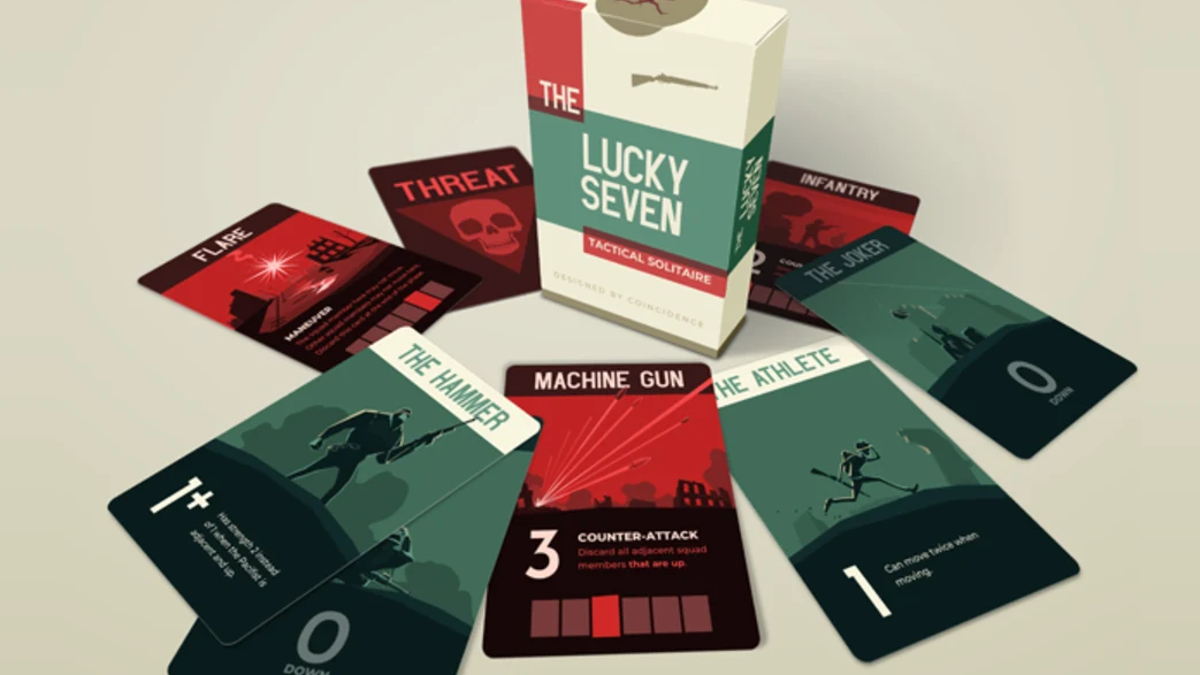
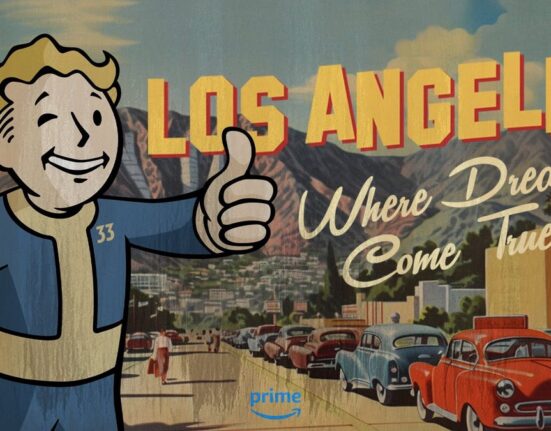
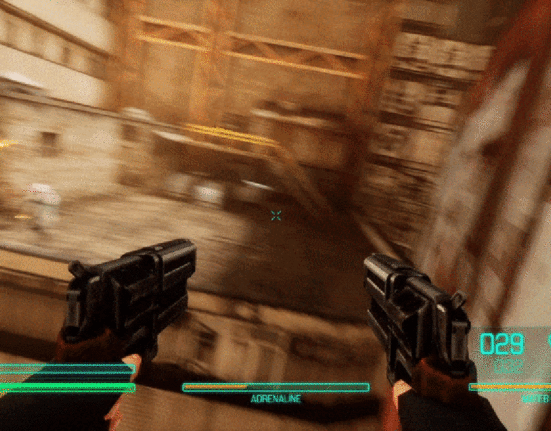

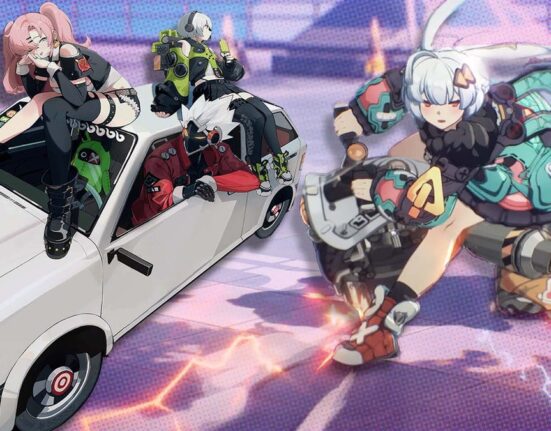
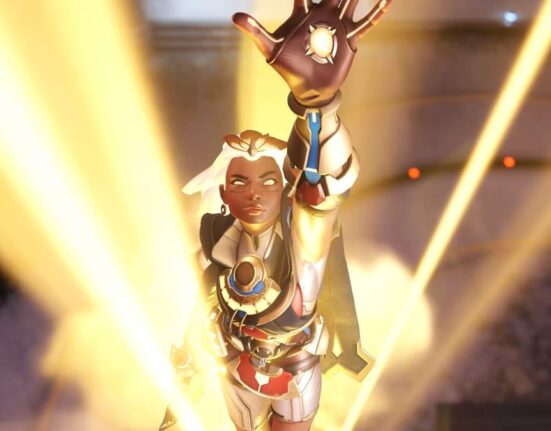
Leave feedback about this